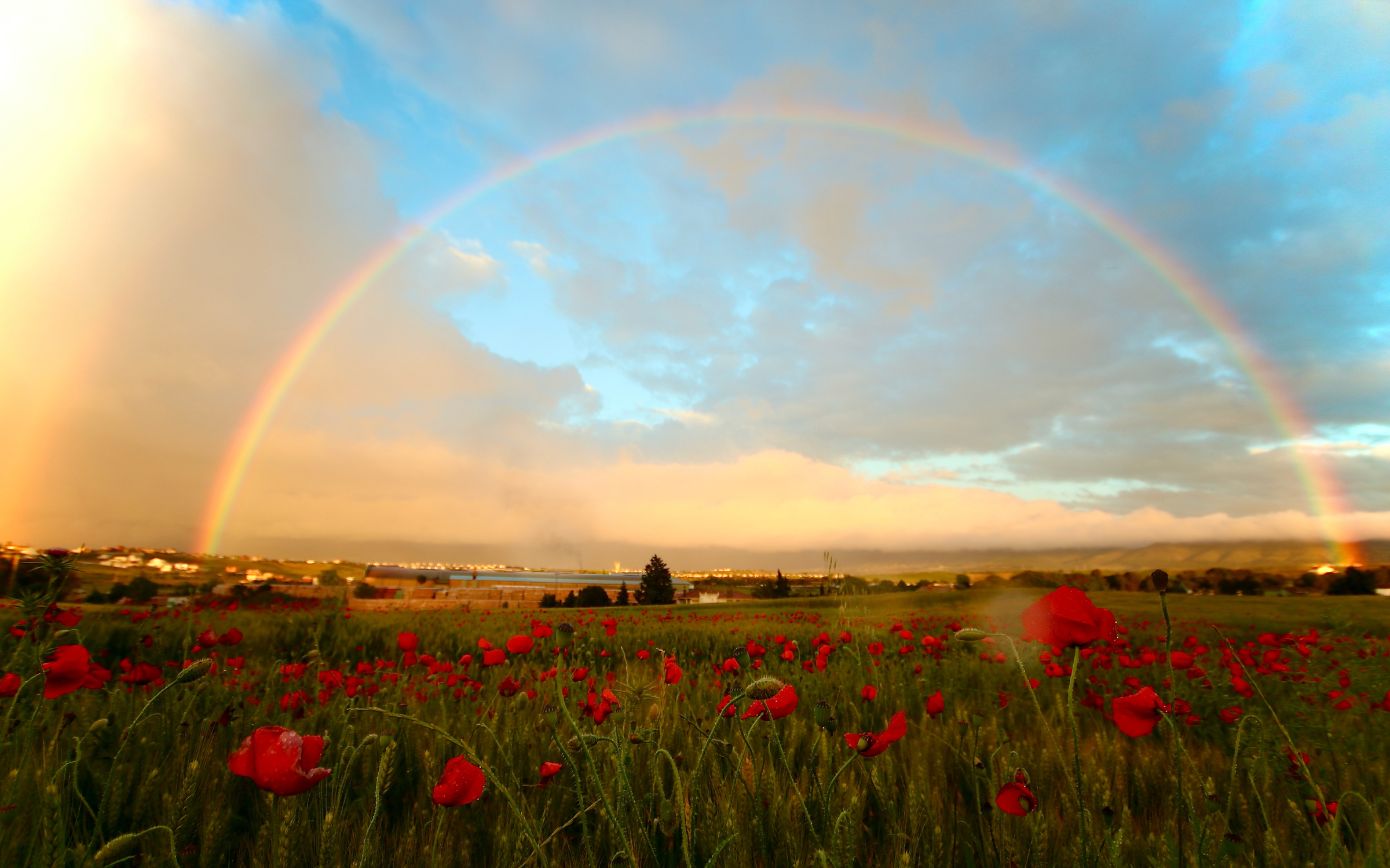What if being lucky was a skill you could master and share with others? Dr Christian Busch has spent a decade exploring how, if acted upon, unexpected encounters can enhance our worldview, expand our social circles and create new professional opportunities. In this new book, Busch reveals the secrets behind the hidden force of serendipity …
Often it seems like people who have found meaning and success are simply luckier than the rest of us. Good fortune just seems to happen to them. But a predisposition to luck is often not a natural happenstance (apart from mere “blind luck”, like being born into a good family!). Our research has shown that creating the circumstances for “smart luck” – serendipity – to emerge is a skillset that can be honed at home, work, and in just about any part of life.
In reflecting on my research and own experiences, I’ve realised that often the most important serendipitous moments in life are not actually mere coincidence, but results of taking a new approach to the unexpected. That’s how most of my projects started – and how I “found” the love of my life.
Having just moved from London a few months prior to New York City’s lockdown and having just survived a severe Covid-19 infection in March of 2020, I was holed up alone in my apartment for what felt like eternity. As soon as summer hit, and with it a shred of hope, I felt like reconnecting with friends, and sent an email to a handful of friends inviting them to an outdoor gathering. A friend I had met 13 years earlier but hadn’t seen in years thought about attending but was going through a difficult time and did not initially respond. Randomly, however, a few days later, I posted a quote on Instagram about how the most beautiful people are those who have known defeat, suffering, struggle, and loss. It touched her deeply and she sent a direct message to share how much it meant to her. I reminded her again about the gathering. She had not planned to go, but she had signed her divorce agreement the day before and thought getting out of the house to reconnect with an old friend, and perhaps make new ones, might be a good start to her new life. At the event, we agreed to go for dinner the week later – as friends. In reconnecting, we randomly discovered that we were both looking for the same things in a relationship. She shared with me a list that she had written that very morning, listing the qualities that would be important to her in her next relationship. In my head it went “tick, tick, tick” – and it reframed my perspective on her as “just a friend” to a potential love interest. A year later we got married, and recently welcomed a baby girl into the world.
It took 13 years to get to that point – after our initial serendipitous meeting in New York City all that time ago, and another serendipitous re-meet – but after a long incubation time, the connection felt different than the friendly catch ups we shared once every couple of years.
In this example – and in so many others that we studied – it often takes some sort of “serendipity trigger” for people to connect as potential partners, and to see opportunity in the moment. Lexi becoming clear about the qualities she was looking for in a relationship, and sharing them with me, created a “serendipity trigger”. As in the lives of hundreds of individuals that I’ve studied around the world, as well as my own, serendipity doesn’t just happen. We must put ourselves out there for magic to happen – being it towards people we know already, or the vast world (wide web).
Wondering where to start in creating your own luck? Try incorporating these four strategies to help connect the dots in daily life, and see how your luck changes:
1 Set serendipity hooks: Whenever you communicate with someone, cast a few hooks – concrete examples of your current interests, hobbies, and vocation. This maximises the chance that you and the other person (“coincidentally”) latch onto common ground and shared passions – triggering serendipity.
2 Change the way you ask questions: Imagine meeting a new person at a (virtual) dinner party. Many of us might go on autopilot and ask the dreaded “So what do you do?” This tends to put the other person into a box that is hard to get out of. Positioning ourselves for smart luck means asking more open-ended questions like “What did you find most interesting about xyz?” or “What do you enjoy doing?” Such questions open conversations that might lead to intriguing – and often serendipitous – outcomes. It also helps you identify what brings you together – versus what sets you apart.
3 Be open to potentiality: Jot down the qualities you want in a relationship, or the intentions you have for your career. Get clear on what (or who) excites you. From there, seek out potential areas of involvement or exposure. In work, for example, is there a volunteer opportunity if you’re considering changing career paths, or are there positions on the board of a local organisation that you could be a part of? Through this process, you will meet people who can help you create new opportunities. Instead of only asking yourself, “What is the potential risk of doing it,” ask yourself, “What is the potential loss of not doing it?” Serendipity is about potentiality – and avoiding regret.
4 Build a muscle for the unexpected: It’s instinct to try to control everything, and we tend to make plans only to have to pivot when the inevitable unexpected enters the picture. If we pretend to have it all figured out, we miss the opportunities that are hidden in the situations we didn’t anticipate. We might as well exercise the muscle that makes meaning out of fear and anxiety, our “serendipity muscle.” To make the most out of unforeseen circumstances, we’ll need to be ready to let go of some of our plans. The question is not how to cope with uncertainty, but how to release the illusion of control and navigate the unknown in a hopeful way. Once you’ve mastered spotting serendipitous opportunities, allow them to serve as a catalyst for connecting the dots differently. This is what distinguishes blind luck from smart luck.

Need to know: Dr Christian Busch, FRSA, teaches at the London School of Economics and at New York University, and is a co-founder of Leaders on Purpose and the Sandbox Network. He is member of the World Economic Forum’s (WEF) Expert Forum, a Fellow of the Royal Society of Arts, and on the Thinkers50 Radar list of the 30 thinkers “most likely to shape the future.” His work has been featured by outlets such as the Strategic Management Journal, Harvard Business Review, Forbes, The Guardian, and the BBC. His new book, Connect the Dots: The Art & Science of Creating Good Luck, Penguin Life, is out now.
LOVETHEGLOSS.IE?
Sign up to our MAILING LIST now for a roundup of the latest fashion, beauty, interiors and entertaining news from THE GLOSS MAGAZINE’s daily dispatches.






